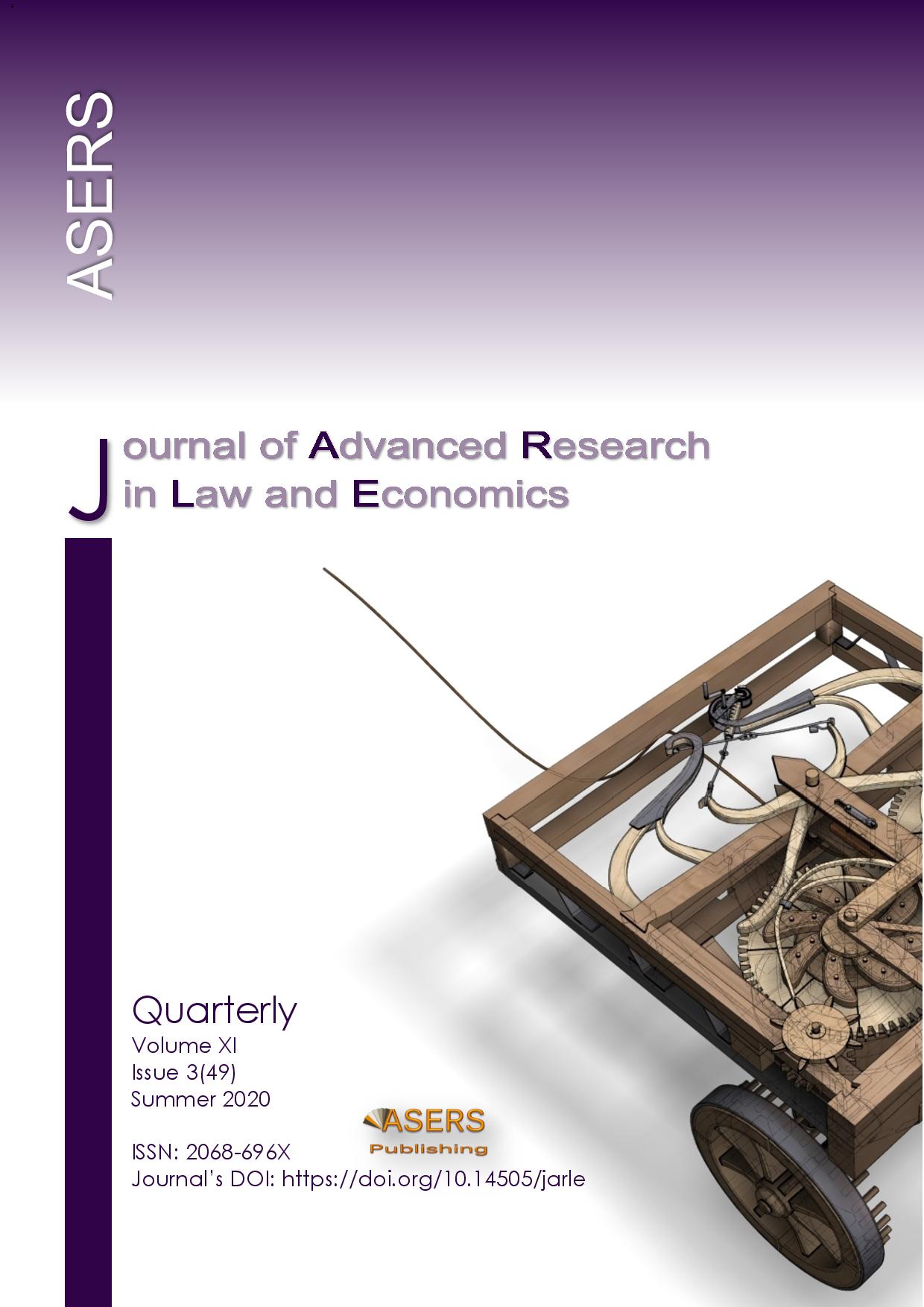Observing European Union Rejection of Indonesia's Crude Palm Oil Exports from the Most Favored Nation and Quantitative Restriction Principles
Observing European Union Rejection of Indonesia's Crude Palm Oil Exports from the Most Favored Nation and Quantitative Restriction Principles
Author(s): Atik KRUSTIYATI, Sylvia JANISRIWATI, Novela CHRISTINESubject(s): Law, Constitution, Jurisprudence, International relations/trade, EU-Legislation
Published by: ASERS Publishing
Keywords: crude palm oil; most favored nation; quantitative restriction;
Summary/Abstract: Crude palm oil is one of the main commodities exported by Indonesia to several countries, including European Union. The European Union has pushed through several laws regarding climate change, including the Renewable Energy Directive II. The regulation supplementing the Renewable Energy Directive II has also been adopted by the European Commission, making the criteria for determining the high indirect land-use change-risk feedstock in Commission Delegated Regulation (EU) 2019/807. The objective of this paper is to observe if the measure taken by European Union on determining the indirect land use change-risk feedstock has satisfied the existing WTO trade principles, the principle of most favored nation and the principle of quantitative restriction. The determining criteria in Commission Delegated Regulation (EU) 2019/807 is trade restrictive and discriminating to the export of crude palm oil, as crude palm oil is the only feedstock that falls under the criteria of high indirect land-use change-risk feedstock. The regulation has impact for the consumption of crude palm oil in Member states of European Union should be gradually reduced 0% by 2030 at the latest. As the provision on General Agreement on Tariffs and Trade embodies the principle of non-discrimination, the result of the study shows the Commission Delegated Regulation (EU) 2019/807 has violated the international trade principles. Furthermore, the general exceptions of GATT 1994 contained in Article XX (b) also doesn’t justify the measure.
Journal: Journal of Advanced Research in Law and Economics (JARLE)
- Issue Year: XI/2020
- Issue No: 49
- Page Range: 905-912
- Page Count: 8
- Language: English
- Content File-PDF

